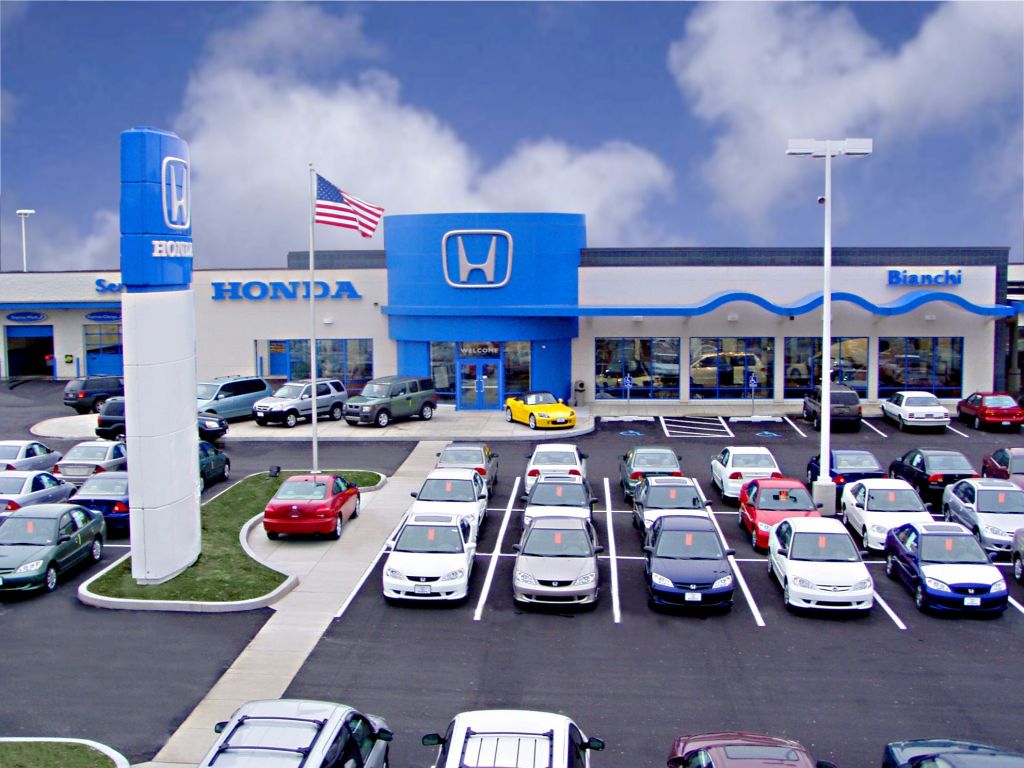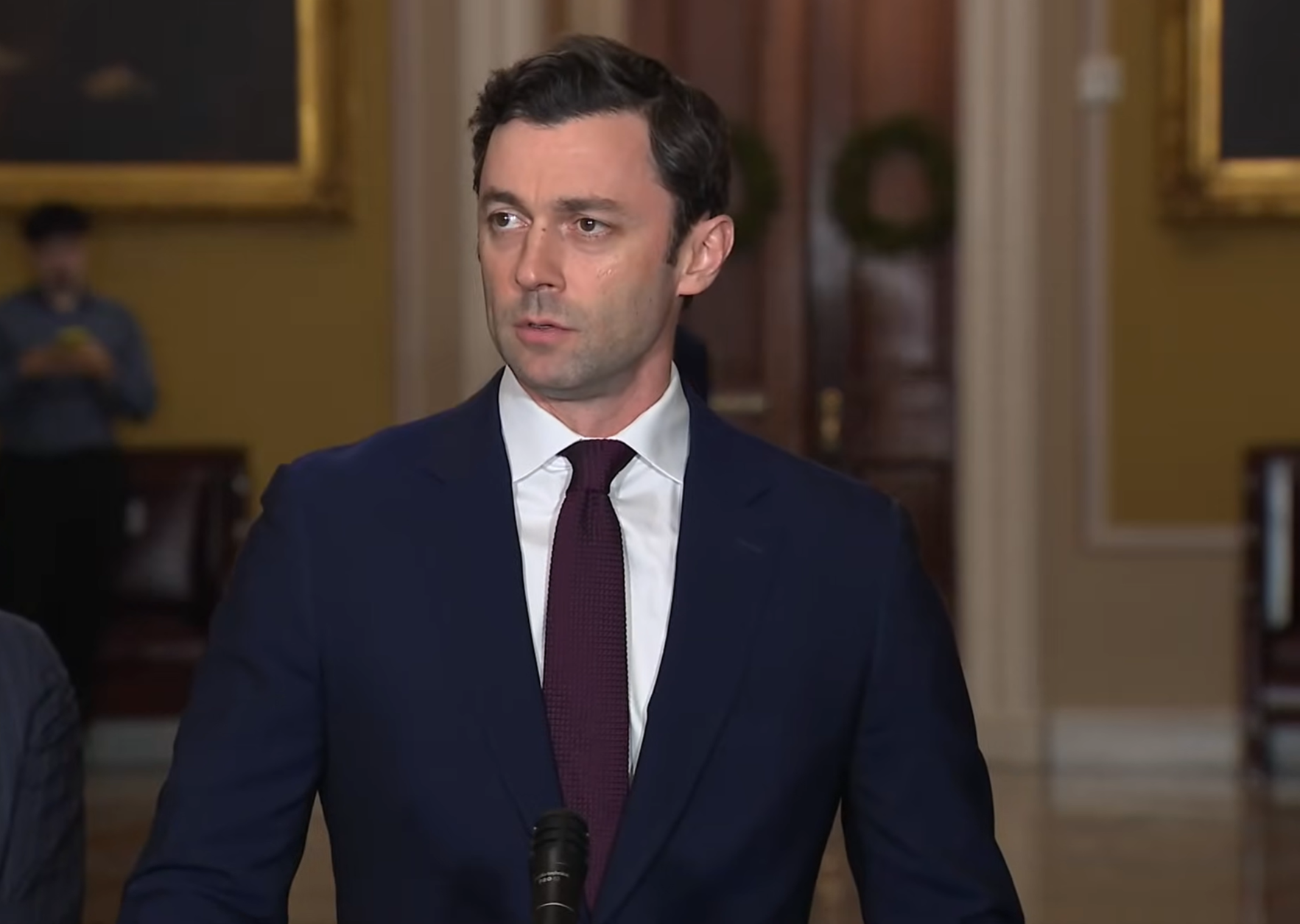Is one of your clients thinking about starting an auto dealership? Do you have clients already in that niche? If so, it’s important they know all of the costs they’ll need to cover in the startup phase. Here’s a good checklist to go over with them during your next face-to-face meeting.
Instead of asking yourself how to start a car dealership, it’s a better idea to start asking, “What are the most important costs to predict?” This is especially relevant when you consider the fact that the average investment per dealership is about $100,000.
That’s why you need to have a clear overview where you’re business is standing financially. Let’s go through the top eight costs that will have the highest impact on your dealership startup.
- Retail location
One of the biggest initial investments that you need to make concerns your retail location. In some states, you are obliged to have a physical office, while in others, you can start without it. Even if you’re not required by the state, though, having a retail space is still instrumental for your business. Your retail location can be just a showroom, or a showroom plus a service center.
You are likely to need between $8,000 and $20,000 per month for the rental lease. The prices for buying land can go up in the millions. Of course, it all depends on the type of property and the state in which you operate. On top of that, you should also consider costs for office equipment.
- Registering your business
Another initial cost on your list should be your business registration. In most cases, you can register your dealership as a sole proprietorship, general partnership, limited partnership, limited liability company or corporation. For the first two options, you might not need to register at all, but only to trademark your brand name.
For a limited partnership, you will need to pay a fee for the registration certificate, but it varies across states. The highest fee is $750 is and is required in Texas, while in California, it’s only $70. Limited liability company registration will cost you between $50 and $630, again depending on the state. In case you want to register as a corporation, you’ll face a more complicated and stricter processes due to corporate filings and annual report requirements. The registration fee won’t be more than $300, though.
- Inventory
Inventory, naturally, is another big cost for your dealership startup. The necessary finances here, of course, depend a lot on the type of vehicles you will offer, and how big your starting inventory will be. A good tip is to start with a smaller number of physical cars in possession. The revenue from selling your first few cars can be used to purchase more.
You can consider getting floor plan financing from a bank or financing company. It’s a short-term loan, which usually needs to be repaid in 30 to 90 days. Although it does mean you have to pay interest, it allows you to start dealing and increase your inventory faster.
- Lawyer consultations
In many cases, consulting a lawyer during the setup of your business is essential for your startup’s smooth launch. Especially if you don’t have prior experience running a company, a legal consultation is highly recommended.
Lawyers, especially those specializing in helping car dealerships, help tremendously when you’re constituting your business legally, signing your office lease, hiring your first employees, and so on. You can use attorney fee’s prices comparison sites to find an affordable option, or consult fellow dealers about their experience with legal advisors.
- Accounting needs
The next thing on your financial costs’ list should be a consultation with a Certified Public Accountant (CPA). Getting professional help with your financial planning is crucial for your business’s success. A CPA can assist you in outlining your costs and making sure your revenue is solid.
The best option is to directly look for a CPA specializing in auto dealerships. Your costs are likely to run somewhere between $200 and $600 for the first consultation.
- Auto dealer license
An indispensable requirement to start your dealership’s operation is obtaining your auto dealer license. As with other items on this list, the licensing fees vary greatly between states. The usual costs are between $100 and $200. In some states, you need to pay additionally for dealer plates and licensed salespersons.
Keep in mind that you have additional costs in the licensing process. They are needed in order to fulfill some of the licensing requirements, such as the surety bond and liability insurance.
- Auto Dealer Bond
Obtaining a motor vehicle dealer bond is required by all states in order to get licensed as an auto dealer. This is a surety bond that guarantees your business’s compliance with state regulations.
Often the bond premium is between $25,000 and $50,000, depending on the type of license you need and the state requirements. This means that you should be prepared to pay between 1-3% of these amounts, or something between $250 and $1,500. In case you have bad credit, you might have to pay up to 15% of the bond premium.
- Liability insurance
Getting proper insurance for your dealership is another major cost for your startup. The usual premiums are about $25,000 for general liability and $10,000 for personal injury, but these vary between states. Most likely you’ll have to make a down payment of about 20-40%.
What is your experience with starting an auto dealership? If you have any useful input for budding car dealers, please leave it in the comments below.
———————
Vic Lance is the founder and president of Lance Surety Bond Associates. He is a surety bond expert who helps auto dealers get licensed and bonded. Vic graduated from Villanova University with a degree in Business Administration and holds a Masters in Business Administration (MBA) from the University of Michigan’s Ross School of Business.
Thanks for reading CPA Practice Advisor!
Subscribe Already registered? Log In
Need more information? Read the FAQs




